College Students Face Difficulties in Voting Absentee
Many students at Fordham expressed the importance of voting to them, despite the difficulties encountered by those attempting to vote absentee. (Matthew Matthias for the Fordham Ram)
November 28, 2018
By Hannah Gonzalez
Since the 2014 midterm elections, the number of college-age voters has gone up 10 percentage points, according to an Inside Higher Ed report. However, Fordham students living on campus faced difficulties sending in absentee ballots by the deadline for the 2018 midterm election, a trend which may have impacted college student turnout results.
The Center for Information and Research on Civic Learning and Engagement (CIRCLE) at Tufts University estimates that 31 percent of young people ages 18 through 29 cast a ballot in the 2018 midterms. This constitutes the highest turnout rate of young voters in 25 years.
However, at Fordham, many out-of-state students reported running into difficulties while applying for and mailing absentee ballots.
Andrew Hof, GSB ’19, surmounted multiple obstacles in his path to voting absentee in his home state of Missouri. Anticipating a slow postal service, Hof elected to fax his absentee request form.
“I faxed my form to the St. Louis County Board of Elections on Oct. 12, well ahead of the deadline and with plenty of time to receive my ballot, vote and mail it back before the election,” said Hof.
However, after calling the Board of Elections office multiple times to check the status of his application, Hof finally learned on Oct. 25 that his request form had never been received. This made it unlikely that he would receive his ballot with enough time to vote.
It took seven more attempts for Hof’s fax to get through to the Board of Elections. From there, Hof implored the office to process his paperwork in time for the election.
“I pleaded with the worker to process my ballot as quickly as possible because the miscommunication from the office was the only reason my form was being submitted—or resubmitted—so late,” said Hof.
After finally receiving his ballot on Nov. 2, Hof rushed to notarize and mail his ballot in time to be counted. The timing compelled Hof to pay a $25 overnight shipping fee, split with another St. Louis resident who faced a similar crisis.
“I trekked to a UPS store in Midtown on Saturday, Nov. 3, to overnight my ballot in order to guarantee that it would arrive at the Board of Elections Office by 7 p.m. on the day of the midterms,” said Hof.
As a politically conscious student, Hof said he was frustrated by obstacles he felt interfered with his right to vote.
“As someone who keeps up with what is happening politically in this country, I was very motivated to vote, which was clearly a necessity as there were many obstacles to voting that I had to overcome just to cast my ballot,” said Hof. “I found the obstacles I faced to be incredibly frustrating and a violation of my right to vote.”
Hof filed a formal complaint with the Department of Justice, but was told he would need to report the issue to Missouri’s Secretary of State.
Matt Schumacher, FCRH ’20, faced similar challenges voting absentee. He filled out his absentee ballot application and sent it in two weeks in advance, in what he believed would be a sufficient amount of time. Ultimately, however, he was unable to vote due to the postal system’s delayed transfer of his application.
“I sent in the application through the mail because I’m an Illinois citizen and wanted to vote there rather than register in New York,” said Schumacher. “However, even though I sent in the application almost two weeks prior to the vote, Fordham’s mailing system didn’t get the application into my hometown’s polling place until the day after it was due.”
After spending this election cycle working with the Every Vote Counts campaign, Schumacher expressed his frustration at being unable to make his own voice heard.
“As a member of USG [United Student Government] I even worked with Every Vote Counts, so not only was I representing a body whose mission is to aid people in voting and voter registration, but on a personal level I feel that I should, and everyone should, vote,” said Schumacher. “I try to be as politically involved as I can, so to have other bodies preventing me from doing my duty infuriates me.”
Kaylee Wong, GSB ’20, voted absentee for the second time since she’s been at Fordham. Instead of redirecting the absentee ballot to her Fordham address, Wong had her parents bring the ballot with them during Family Weekend. She mailed it back to Arizona with no further issues.
“My absentee ballot is sent to my house in Arizona, but luckily my parents always come for parents’ weekend, which is just before the elections,” said Wong. “They were able to bring me my absentee ballot here and then I mailed it in.”
To Wong, voting in her home state is an essential aspect of political engagement, particularly in light of this midterm’s contested elections.
“I have always felt that voting is a critical part of taking an active role in our country and have always exercised my right to do so,” said Wong. “I am still a registered voter in Arizona, where I am from, and this was a very contested race, specifically for our senator.”
Democrat Kyrsten Sinema defeated Republican Martha McSally for the senate seat in Arizona.
Wong also said she viewed the right to vote as a meaningful ideal passed down from her immigrant grandparents.
“My grandparents immigrated to America from China and always instilled in my father the importance of voting, and he has passed that ideal onto me,” said Wong. “I have never considered not voting as even a choice.”
Rather than applying for an absentee ballot, Mia Beverly, FCRH ’20, took a trip back to Washington, D.C. to vote. Her decision to return home was largely motivated by her political involvement at the local level.
“I decided to vote at home because I wanted some time at home, and I also was a poll watcher for the Muriel Bowser mayoral reelection campaign from 7 a.m. to 8 p.m., when the polls closed,” said Beverly.
Beverly did not face the same challenges as some of those who voted absentee. Her complications boiled down to the coordination involved in traveling across the city on the day of the election.
“I had to go to my own precinct in Ward 4 between the hourly reports,” said Beverly. “It was difficult to go back and forth, but D.C. is small, so I made it work.”
Beverly said her appreciation of the right to vote stems from the fact that such citizenship privileges have only relatively recently been extended to groups such as Native Americans.
“I always say keep voting because, as a Native American, it is one of the fundamental rights that should never be taken for granted and that is what makes us a democracy,” said Beverly. “A hundred years ago, I wouldn’t have been able to vote, let alone be considered a citizen.
Though many students have demonstrated their political engagement by participating in marches and campaigns, Beverly emphasized voting itself as the act most central to the political process.
“People have been great with making their voices heard through protests, marches, etc., but none of that matters without voting, which prevents us from having to do marches in the first place,” said Beverly.

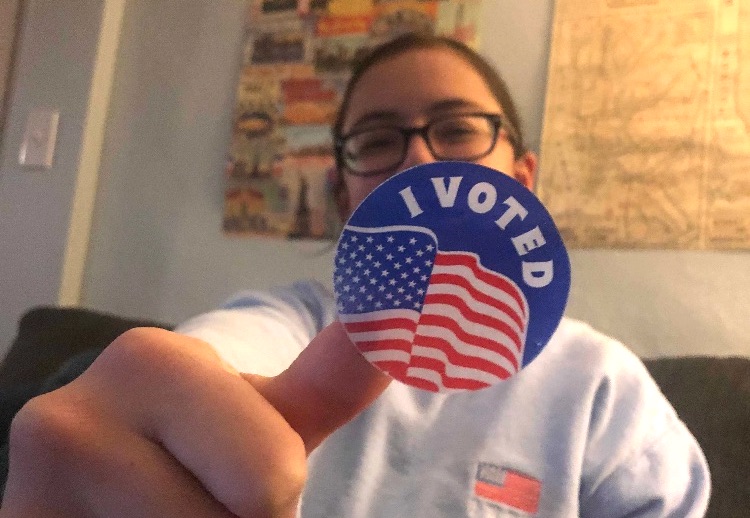
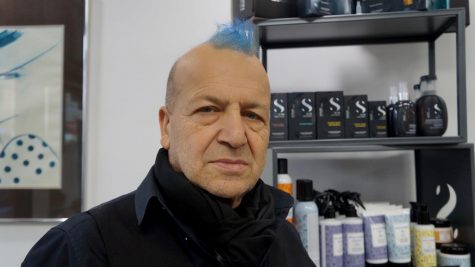
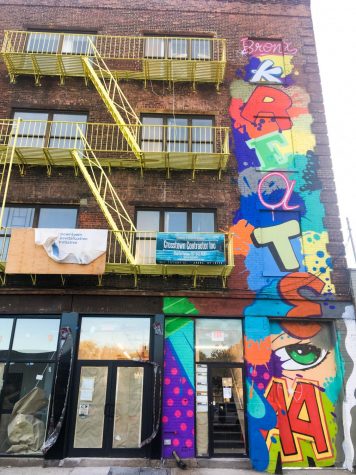

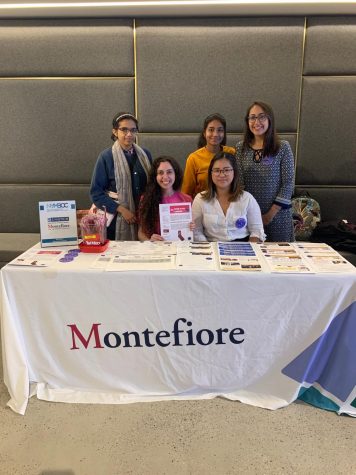
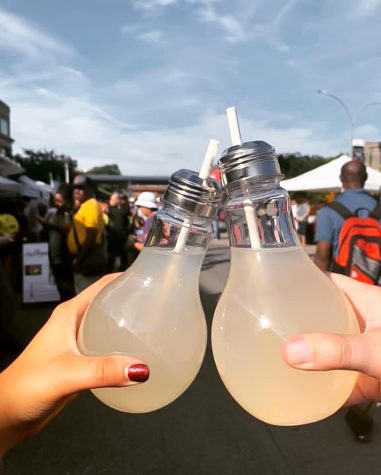
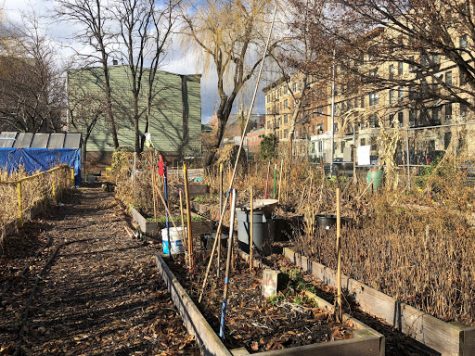
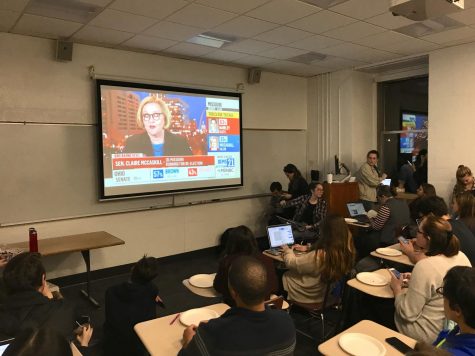
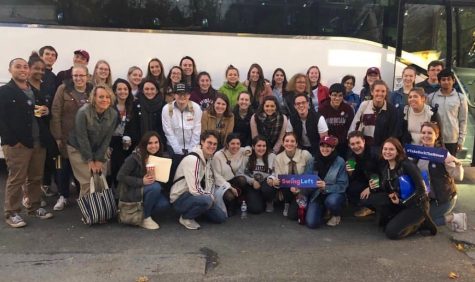
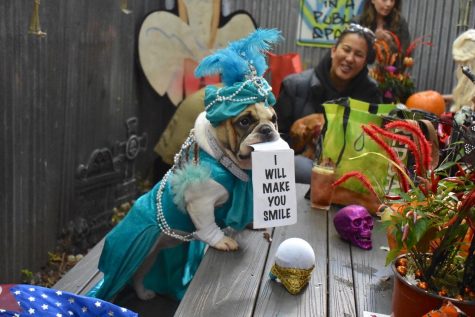
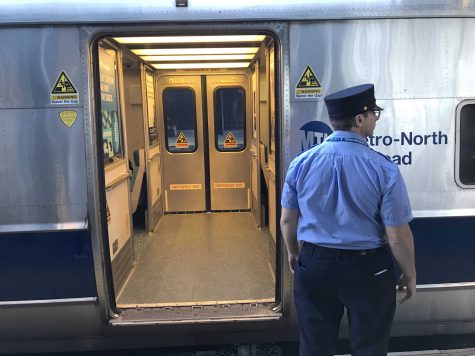
This is a growing problem in our country with our younger generation. Thank you for this article and helping them understand the voting guidelines and mailing directions.